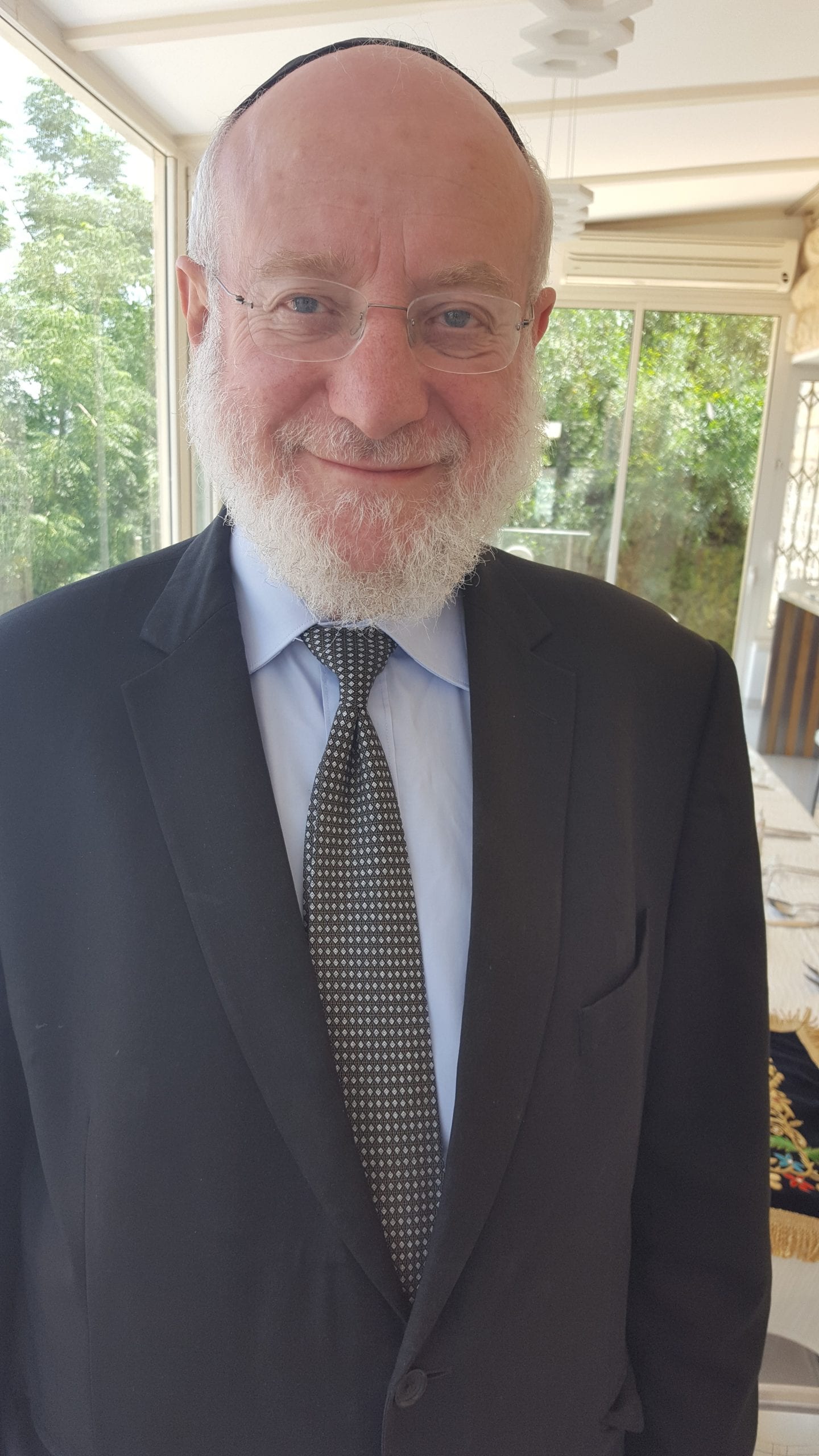
After Yehuda has finished his plea for the release of Binyamin in the previous chapter 44, Yoseph was unable to hold himself back in the presence of those standing by him so he ordered everyone out.
The first thing that he said to his brothers on revealing himself to them was “I am Yoseph; is my father still alive”? This is very puzzling indeed. Surely it was obvious from Yehuda’s passionate entreaties that Yaacov was very much alive. What is the point of this question? Here is a selection of answers culled from the Meforshim:
- Tur in PerushHa’Aruch gives 3 suggested answers:
- “Hai” here does not refer to life but to health (cf. the expression “BassarHai” i.e. healthy normal flesh). He was asking whether Yaacov was well and healthy.
- In the first instance he had asked them only through the medium of an interpreter. Now he asked them again as he wished to hear it from their own lips.
- Perhaps he only asked them now to enter into conversation with them to make them feel at ease. (cf Rashi Bereishit3 V.9 and Ch.4 V.9. where Hashem did likewise in the case of first Adam and then Kayin).
- Seforno “It is surely impossible that my father could have survived his grief and anguish over me”. Seforno may mean that Yoseph was expressing amazement and delight that Yaacov had indeed survived all these tribulations and was thanking Hashem at the miraculous nature of these events. Is it really true that he has managed to survive? Alternatively he may mean following Chagiga 4b that Yoseph was rebuking them and that this is the import of these words “Is my father still alive”? – “How is it possible that he has been able to withstand the enormous strain of the anguish you have caused him by what you did to me”.
- Torah Temimah explains similarly and then gives another explanation. He says that since Yoseph had already heard from them that he himself had died (Ch.44 V.20 and Rashi there) which was of course untrue, he had no confidence in the reliability of their story, for it is quite conceivable that they had some ulterior motivation for concealing the truth (as they had had in telling him that Yoseph had died, see Rashiibid). Hence he asked them “Were you telling the truth, is my father really alive”?
Rif (Me’orEynaim of RavYoshiyahu Pinto) on EynYaacovChagigaShom suggests that this itself was the rebuke by the very fact that he had caught them out in not having told the truth.
- YML in name of DatveDin answers that Yoseph had assumed that the reason they said he was dead was based on chazakah, a presumption based on the fact that no-one had heard of him for a very long time. If so he asked them “how can you presume that your elderly father remains alive and well? You have not heard from him for some time either, and he is much older than I am.
- TosafotHashalem 2 suggest his intention was to prove that he was their brother. He could do this by calling Yaacov his father, for if he had been an Egyptian he would not have dared to do so. The Egyptians abhorred the Hebrew food and wanted nothing to do with them and certainly not to claim parentage from them. Yoseph by referring to Yaacov as his dearly beloved father – and alive too, conclusively demonstrated that he was not an Egyptian.
- KeremHazvi suggests a novel answer. Yoseph was the closest in appearance to his father Yaacov as we learn in Bereishit Raba 84. If they had held their father in the proper esteem they would have recognised the resemblance in Yoseph’s features, notwithstanding the beard which he had grown since he had left them many years earlier. As they had not done so, this was due to a lack of close attention to, and respect for, their father. Hence Yosephsaid “I am Yoseph, is my father alive”? The fact that I am Yoseph and you have not seen it indicates to me that my father is not alive in your thoughts as he should be, perhaps because he is in fact dead. The passuk continues that they were unable to respond for they were dumbstruck before him – “kinivhalumiponov”. These words could however easily be translated very literally that ‘they were dumbstruck by his face’. They now for the first time saw the close resemblance in his features to those of Yaacov and realised that they ought to have seen it at once.
So Yoseph revealed himself to his brothers and Pharaoh was pleased. V.16. Ramban there explains that it had been rather demeaning for the political status of Egypt to have been ruled by a foreign slave who had languished in their prisons. Now it became apparent that he was part of a very important family and perfectly suitable for a royal position. So Pharaoh and the Egyptians were very happy about this turn of events.
Sforno says that Pharaoh was so pleased because he saw that Yoseph would no longer be considered as an alien ruler. He would now be bringing in his whole family and thus assume permanent residence. He would accordingly henceforth have only the best interests of his newly adopted country Egypt at heart.







